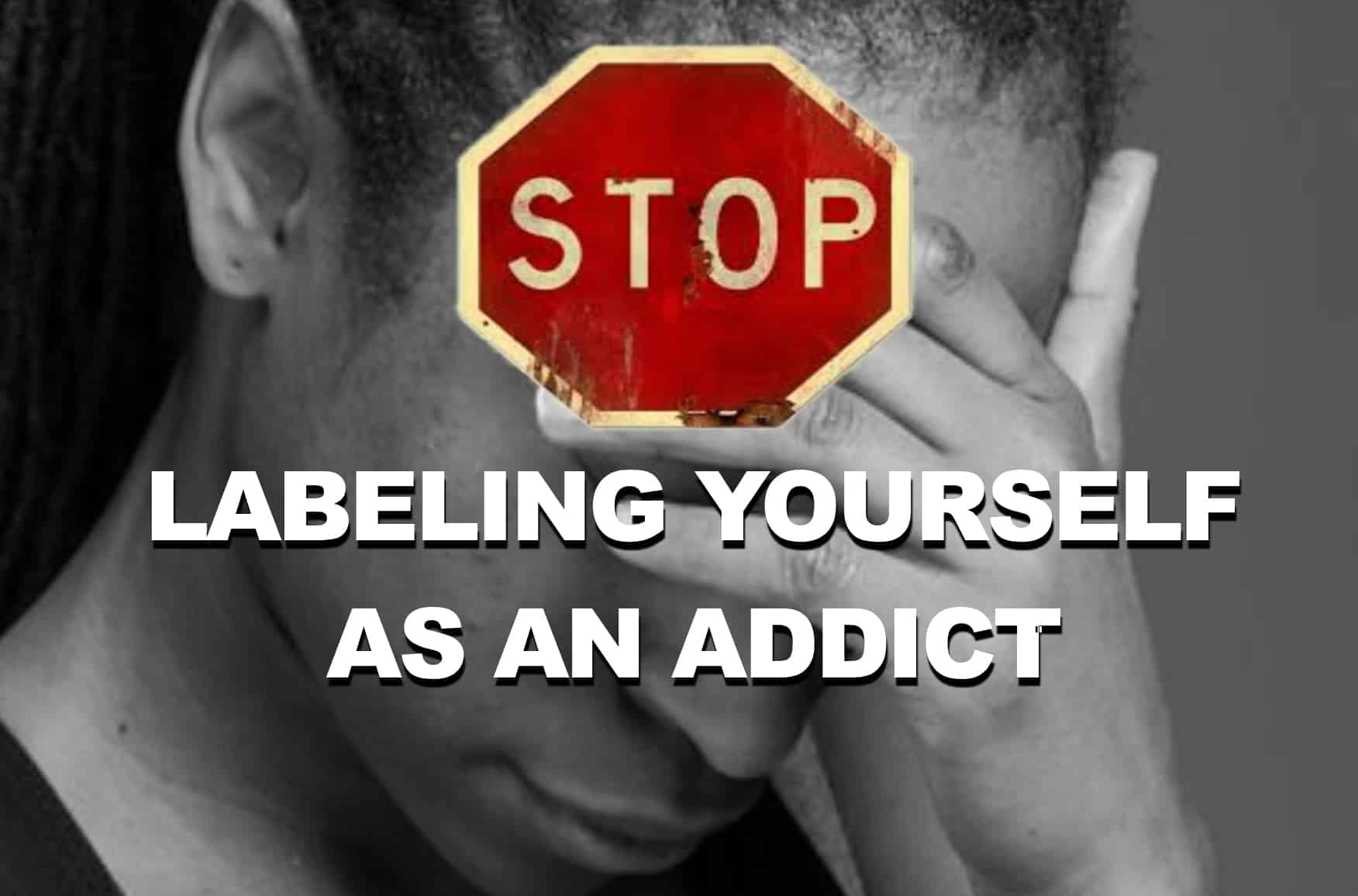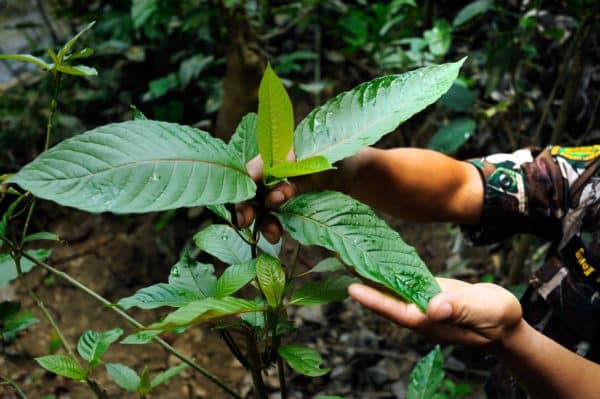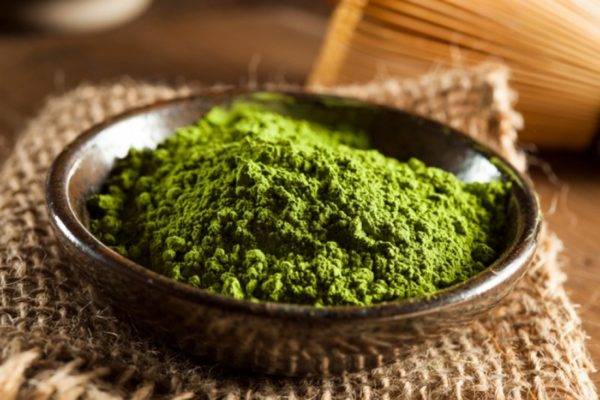You don’t want to reinforce negative behaviours in your life by calling yourself derogatory names. Calling yourself an “addict” because you once engaged in habitual self-destructive actions is not the way to overcome your past addictions and forge a new path.
Some people use kratom to get off dangerous opioids like heroin, Fentanyl, Oxycontin, Vicodin, and Norco. Misinformed individuals will scold kratom users because they’re “just using another kind of drug” and are thus still “using”, still “addicted”. This is generally untrue, for reasons that will become clear later.
But getting hooked on opioids, benzos, barbiturates, muscle relaxers, anti-depressives, and other medications can happen to anyone if they’re not careful.
How did these substances enter a person’s life?
They were either prescribed strong narcotics by a doctor as legitimate painkillers, or they experimented with them for various reasons like seeking relief from deeply rooted traumatic events that happened in the past, or the person had a simple hedonistic desire to experience a “high.”
Whether seeking relief from real pain, attempting to escape boredom, or narcissistically pursuing chemical pleasures, the person enjoys the drug too much. They gets compulsive about it. They start using it in excessive amounts or too often (getting high all the time), and ends up getting hooked. At this point the person is labeled an “addict.”
Calling someone an “addict” is generally a condemnation of that person’s moral failure. Society proclaims that some pleasures are acceptable, even when taken to an extreme (alcohol, sex, candy, music, movie viewing, sports, accumulating money and power), while other pleasures are taboo. Taking euphoric substances to “get high” is typically considered a sleazy, immoral thing to do. An addiction is something that, so society says, happens only a lowlife, trashy person.
Sure, people joke about how they’re addicted to chocolate, Netflix binge watching, cell phones, NFL football games, collecting antiques, or other things, but in reality, they’re joking and exaggerating. They would never seriously say they were addicted to something, especially a drug that society frowns upon, like marijuana, cocaine, or heroin.
When we label ourselves, we internalize a set of expectations about ourselves.
By saying we’re an addict, we mean we can’t control ourselves. We relinquish self-restraint and submit to a continual thought: “I must have or do this again, right now.” The substance or activity has taken over our will power.
By labeling ourselves as addicts or alcoholics, we increase our dangers. We surrender and remain in a hopeless condition, merely performing feeble efforts to curtail our excesses, then relapsing over and over again.
The person labeled by himself or society as an addict is in a sorry plight. He or she loses hope. Suffering increases, leading to loss of love from family and friends. Joblessness, then unemployability may enter into the picture. Deterioration of personality occurs. A total and deep transformation takes place inside the person. The mother may feel like her daughter is a completely different person.
An all-consuming dependence on crime may become the only way they can survive and score the substance they crave.
In the midst of this misery, professionals come along, by choice or court order, often making things worse. The addict is in despair, but is told there is no absolute freedom from their chains, they must just adjust to a new normal. They must resign themselves to a dire reality. They may have been told by a counselor or a 12 step program group that they will never stop being an alcoholic or drug addict. All the person can do is transfer the addiction from the substance to the group. By attending the group meetings and obeying their rules, they can achieve a small success in curbing their addictive behaviors.
It’s not true that “once an addict, always an addict.” That’s a favorite expression of both those who give up the struggle to fight against the addiction and of institutions who profit financially from repeat interventions and commitments to rehab programs.
You are what you are doing now, now what you did in the past. Past behavior predicts future acts, but doesn’t do this in an inexorable, fatalistic manner. What you did in the past influences your future acts (less and less as time goes by), but it doesn’t necessarly always and forever determine them unavoidably.
People can change. Desires can evaporate and never again materialize. Personality can be restored. New attitudes and improved lifestyles can replace the old ones.
When engaging in addictive behaviors, the person is indeed acting like an addict, but their genuine desire to change interrupts that addictive mindset and self-damaging activity. This is the key point. We must emphasize and reinforce the person’s sincere wish to beat the addiction.
By calling a person who is trying to recover from addiction an addict, many negative things occur. The person’s self-definition is poisoned. Hope is shattered. It’s not being realistic, it’s being cynical.
Porn, gambling, kleptomania (uncontrollable theft for the fun of stealing things), over-eating, diet soda, gossiping, ice cream, pyromania (setting fires), self-harming, and other types of behavior can be addictive. The addict can’t stop engaging in the activity. The desire to stop starts to fade away in a defeatist mentality. They become enslaved.
So the addict needs to either continue until the addiction kills them or gets them imprisoned and thus deprived of the thing, or he or she needs to change their behavior. One way to change behaviour is to end it: you stop cold turkey, or you gradually wean yourself off a substance or obsessive act. Another way is to substitute something more healthy and more socially acceptable.
Enter the member of the coffee family known as mitragyna speciosa, or kratom.
Kratom is a far safer and more effective solution for the ailments and symptoms of many people.
Kratom is a natural plant that is helping alcoholics and drug addicts regain their health, sanity, and productivity. It relieves pain, anxiety, depression, and fatigue. It is said to even boost the immune system.
In spite of some sectors of society (the FDA and the orthodox medical community) ignorantly persecuting kratom, this substance has shown great results as a replacement for opioids, alcohol, benzos, and other dangerous drugs.
A kratom user is not a kratom addict. He or she is substituting kratom for dangerous drugs, but the kratom is not habit-forming the way addictive drugs are.
Kratom users must use certain precautions to prevent abusing or getting too dependent on the plant. One way is to do a reset: stop using kratom for a few days or weeks. This avoids building a tolerance to kratom and keeps users from constantly escalating their dose amounts and frequency. Another practice is to use the lowest dose possible that achieves the desired effects.
When you switch from narcotics to kratom, everything changes.
You become more sociable, more employable, more valuable to your family. Your friends will notice a huge difference. Your pain or other problems are greatly decreased, but you aren’t sneaking around, stealing, or engaging in disreputable activities in the middle of the night to score another fix.
Many addictive drugs give diminishing returns. The more you take, the more you crave. You don’t reach any satiation point where you’re finally satisfied. You keep drinking, swallowing pills, or injecting the drug into your veins until you collapse or nod off to sleep. Only lack of money prevents acquiring more of the dope or liquor. The amount needed to achieve the same effect is constantly off in the distance. You’re “chasing the dragon” – but never catching it.
Kratom is entirely different. You quickly determine your best dosage and you stick to it. The amount and frequency of the dose do not keep increasing everlastingly. You settle on the ideal number of grams and the timing of the doses and it doesn’t ever change, except in special cases of new injuries or unexpectedly intensified pain.
Kratom users can become useful to society and their family. They become good fathers, caring mothers, faithful wives, loving husbands, loyal children, hard working employees, creative artists, innovative musicians.
Kratom solves the problems of pain, melancholy, nervousness, and avoidance of people. While we cannot make any medical claims for kratom, until it acquires FDA approval as a nutritional supplement or a medical treatment, we can share anecdotal evidence, testimonies, and customer experiences.
But one thing is certain already.
Kratom users, in the vast majority of cases, are not addicts. They are simply using an herbal substance to solves certain problems and their lives are greatly improved as a result. And kratom users are cautious, temperate, sober, and scientific in how they use this wonderful plant. There are no kratom parties, kratom binges, or kratom fiends.
Don’t even call yourself a “recovering addict” if you used to be hooked on narcotics or alcohol. Label yourself a happy, successful, fulfilled kratom user. Your addiction days are over and done. You are now on the path of natural well-being and psychological advancement.




I always say “I used to be an addict” the NA rooms hate when I say it. Idc. I will not allow them or anyone else to label me something I am no longer. An addict to be is someone who is active in their addictions. I haven’t done drugs in almost 13 yrs.
This is a good thought provoking article. If I was physically addicted to a substance and overcame the addiction, I would not consider myself an addict and would not want to be labeled as such. I find the subject of alcohol addiction more complicated. If it were a physical dependence then yes I believe one is an addict. Then the list of other alcoholics….. the social alcoholic, the binge drinker, etc are not good for your physical or emotional well being but are you an addict? If you can’t control your intake or why you are taking it then one is still far better of without it. Taking a pill or a drink here and there, thinking I’m in control, is a very slippery slope. It is far healthier for me to avoid these things. Since I have found Kratom (thanks Martin) I feel so liberated, more in control and satisfied. The physical pain and emotional pain that led me to use other substances is greatly alleviated. When I seek out utilizing kratom I am rewarded with a sense of well being. It is a respite from panic and anxiety. It helps with pain. Drugs and alcohol I would lose myself to. Kratom I find myself with. I do not consider myself an addict nor former addict. I am driven by the need to feel better, physically and emotionally. I’m so grateful for kratom.
Betty Hall — I’m thrilled to learn of your success in dealing with a past addiction. Your testimony can provide hope and inner strength to others who desperately need it. Thanks for sharing your story!
After a 13 year addiction to heroin and 17 years total addicted to opiates…i am free. Thanks to kratom i have ocer 3 years clean. I am a good mother, wife and friend today thanks to kratom. My whole life is changed for the better and I’ll forever be grateful.
I am a happy, successful and fulfilled kratom user today.
Kratom is what saved my life as well. Dealt with severe depression the better part of my life and self medicated with alcohol, which is 10 times worth the next day. Almost threw the towel, however Kratom found me first. i owe it everything!
I don’t really care what society thinks ..I wear my addiction like a badge of honer ..stemming from an abusive childhood ..my attempt to dull my pain started at an early age 13/14. I have spent the better part of my life 40+ years ..trying to feel happy. I suffer from extreme depression and anxiety coupled with anger issues. I am very familiar with the stigma. So when I say kratom has helped me and literally saved my life and my sanity ..I am dead serious. The fact that addicts have overcome their demons is truly a miracle, so for me to tell someone that I am an addict(not actively using) is my way of saying how strong I am due to the obstacles I have overcome. Also, a person that suffers from addictive personality disorder has to worry about triggers ..so for some that is always a personal battle. The good news is, its ur choice whether u want to let people know about your struggles in life. I also find it therapeutic to discuss my triumphs with others, In my opinion, each city should have a safe injection site and give samples of kratom out .just think of how many lives would be changed. just my thoughts.
If you look at Portugal, which decriminalized everything from weed to heroin and saw a drop in drug usage of 30%, proves that this is indeed possible. The major hurdle in this endeavor in The USA, is that the privatized prison system and their Lobbyists won’t let that happen. Therefore we have the highest incarceration per capita, than just about any country in the modern world. It costs a lot less to catch the soccer mom smoking a joint than it is to find a murderer. Add the income from probation officers, correction, law enforcement, public defenders etc etc, you have the reason why it is so. Sad but unfortunately very true.
You must remember that when one enters the justice system the state also makes money off the person being punished from having to pay court fines, probation, and restitution…crime actually pays which is major reason as to why we don’t have more looser laws concerning drugs in the United States.